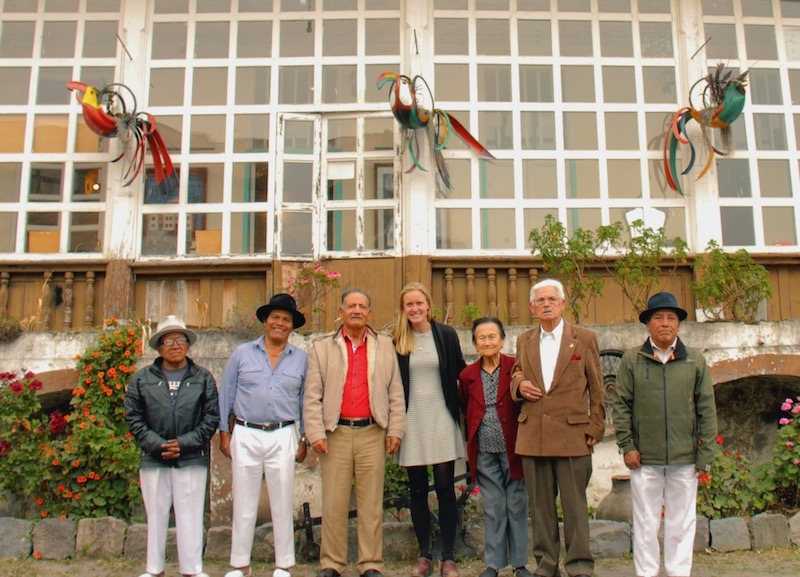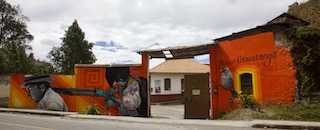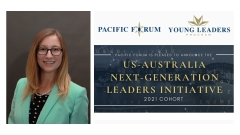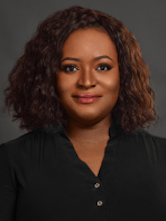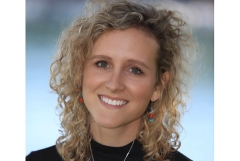Alumna Part of 2021 Cohort of Next Generation US-Australia Leaders Initiative
| by Eva Gudbergsdottir
Middlebury Institute alumna Rose Tenyotkin MANPTS ‘18 been selected to be a part of the Pacific Forum’s 2021 United States-Australia Next-Generation Leaders Initiative cohort.

